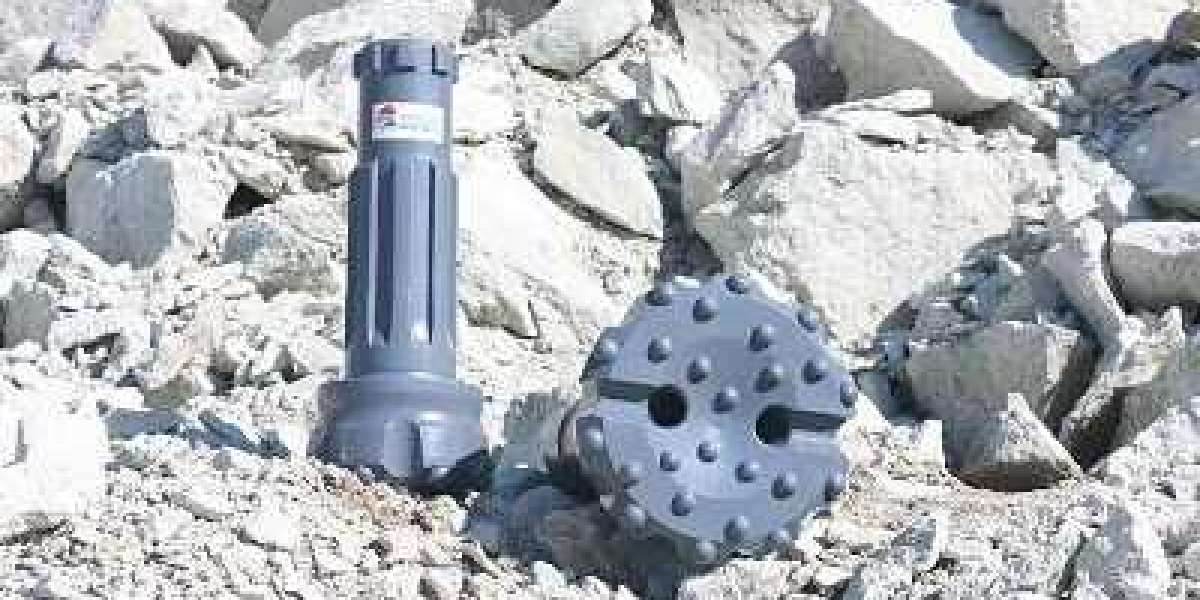In recent years, the landscape of industrial energy storage has been revolutionised by the advent of iron lithium battery technology. This innovative approach has not only enhanced the efficiency and reliability of energy storage systems but has also paved the way for more sustainable and cost-effective solutions. In this article, we will delve into the various advancements in iron lithium battery technology for industrial use, exploring its benefits, applications, and future potential.

Enhanced Energy Density and Efficiency
One of the most significant advancements in iron lithium battery technology is the improvement in energy density and efficiency. Traditional batteries often suffer from limited energy storage capacity, which can be a major drawback for industrial applications that require high power output. However, iron lithium batteries have demonstrated a remarkable increase in energy density, allowing for longer operational periods and reduced downtime. This enhancement is particularly beneficial for industries such as manufacturing and logistics, where uninterrupted power supply is crucial.
Improved Safety and Stability
Safety is a paramount concern in industrial settings, and iron lithium battery technology has made significant strides in this area. Unlike conventional batteries that are prone to overheating and thermal runaway, iron lithium batteries exhibit superior thermal stability. This is due to the inherent properties of iron phosphate, which is less likely to decompose at high temperatures. As a result, these batteries offer a safer alternative for industrial applications, reducing the risk of accidents and ensuring the well-being of workers.
Cost-Effectiveness and Longevity
Another noteworthy advancement in iron lithium battery technology is its cost-effectiveness and longevity. The use of iron, a relatively abundant and inexpensive material, has significantly reduced the production costs of these batteries. Moreover, iron lithium batteries have a longer lifespan compared to their traditional counterparts, which translates to lower maintenance and replacement costs. This makes them an attractive option for industries looking to optimise their operational expenses while maintaining high performance.
Environmental Sustainability
In an era where environmental sustainability is a global priority, iron lithium battery technology stands out as a greener alternative. The production process of these batteries generates fewer harmful emissions, and their longer lifespan means less frequent disposal and reduced electronic waste. Additionally, iron lithium batteries are more easily recyclable, further minimising their environmental impact. This aligns with the growing trend of industries adopting eco-friendly practices and striving for a smaller carbon footprint.
Real-World Applications
The advancements in iron lithium battery technology have led to a wide range of applications across various industrial sectors. For instance, in the renewable energy sector, these batteries are used to store energy generated from solar and wind power, ensuring a steady supply even during periods of low production. In the transportation industry, iron lithium batteries power electric vehicles, offering a sustainable alternative to fossil fuels. Furthermore, they are employed in backup power systems for critical infrastructure, such as hospitals and data centres, where reliability is paramount.
Future Prospects
Looking ahead, the future of iron lithium battery technology appears promising. Ongoing research and development efforts are focused on further enhancing the performance and scalability of these batteries. Innovations such as advanced electrode materials and improved manufacturing techniques are expected to drive down costs and increase efficiency even further. As industries continue to prioritise sustainability and efficiency, the demand for iron lithium batteries is likely to grow, cementing their role as a cornerstone of modern energy storage solutions.
In conclusion, the advancements in iron lithium battery technology for industrial use have ushered in a new era of energy storage. With their enhanced energy density, improved safety, cost-effectiveness, and environmental sustainability, these batteries offer a compelling solution for a wide range of industrial applications. As we move towards a more sustainable future, the continued development and adoption of iron lithium battery technology will undoubtedly play a crucial role in shaping the industrial landscape.








